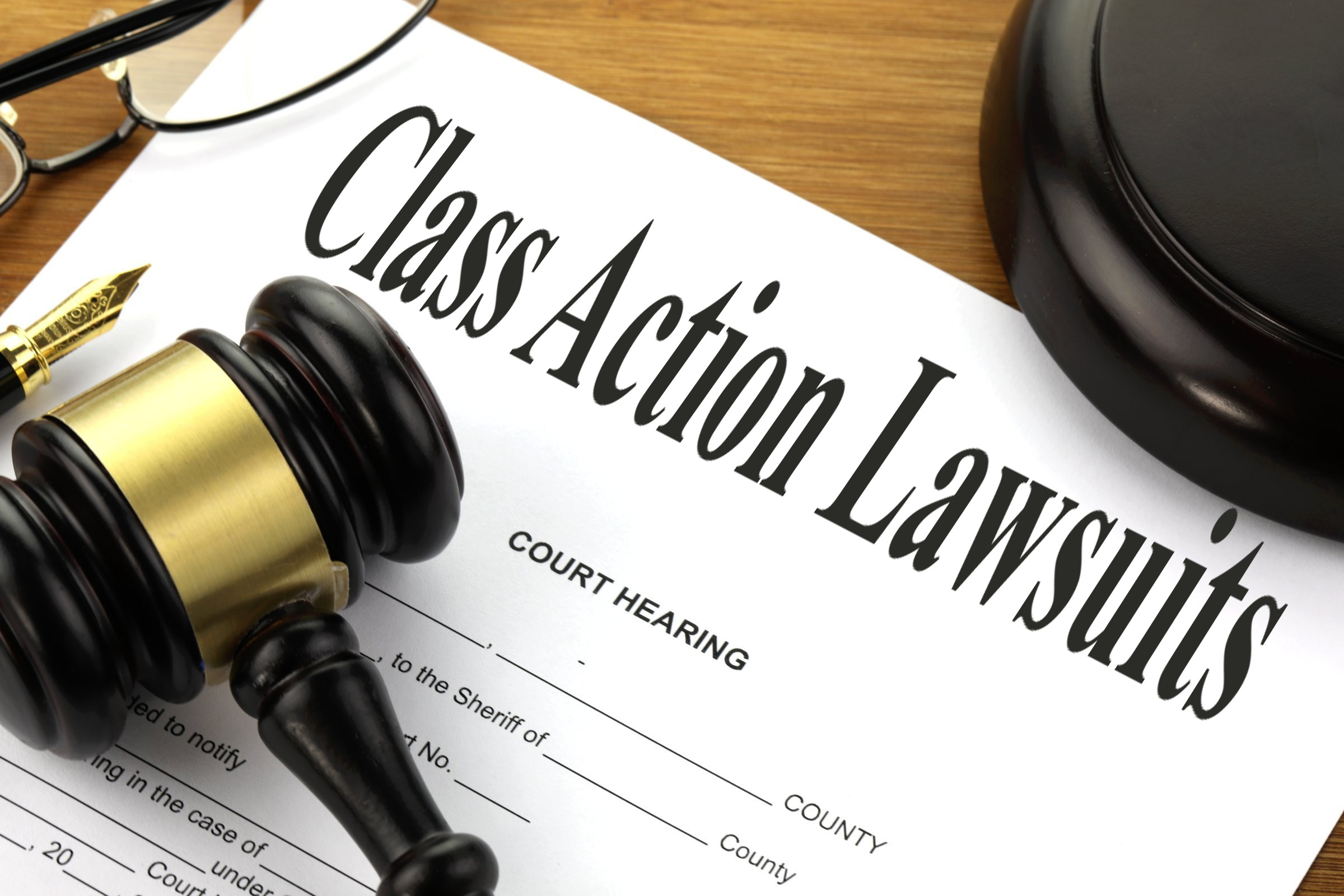Current News on the Internet Archive: A Legal Battle Over Digital Lending
The Internet Archive, a nonprofit organization dedicated to providing universal access to all knowledge, is currently embroiled in a significant legal battle regarding its digital lending practices. This conflict has escalated following a recent ruling by the U.S. Court of Appeals for the Second Circuit, which upheld a previous decision against the Internet Archive in the case of Hachette v. Internet Archive. This ruling has profound implications for the future of digital libraries and the concept of fair use in the digital age.
Background of the Case
The legal troubles for the Internet Archive began in 2020 when major publishers, including Hachette, Penguin Random House, Wiley, and HarperCollins, filed a lawsuit against the organization. The publishers claimed that the Internet Archive's practice of scanning and lending digital copies of physical books without permission constituted copyright infringement. The Internet Archive had been operating a program known as Controlled Digital Lending (CDL), which allowed users to "check out" digital versions of books that the library had in its physical collection.
In March 2023, a federal court ruled in favor of the publishers, leading to the removal of many works from the Internet Archive's online library. The organization appealed this decision, arguing that its practices were akin to traditional library lending and thus should be protected under the doctrine of fair use.
Recent Developments
On September 4, 2024, the appeals court delivered a blow to the Internet Archive by ruling that its digital lending practices do not qualify as fair use. The court stated that the Internet Archive's actions of scanning and lending books without the publishers' consent violated copyright law. This ruling effectively halts the Internet Archive's CDL program, which had been a cornerstone of its mission to provide free access to literature and knowledge.
Key Points from the Ruling
Not Fair Use: The court determined that the Internet Archive's model of lending digital copies of books does not meet the criteria for fair use, which is a legal doctrine that allows limited use of copyrighted material without permission from the rights holders.
Impact on Libraries: The ruling raises concerns about the future of digital lending in libraries. Many fear that this decision could set a precedent that limits libraries' ability to provide access to digital materials, particularly as more content becomes available in digital formats.
Response from the Internet Archive: In response to the ruling, the Internet Archive has expressed its disappointment and reaffirmed its commitment to fighting for digital rights. The organization argues that its mission is to ensure that everyone has access to knowledge, and it plans to continue its legal battle.

Implications for Digital Libraries
The outcome of this case is likely to have far-reaching implications for digital libraries and the broader landscape of intellectual property in the digital age. As more people turn to online resources for reading and research, the question of how to balance copyright protections with public access to information becomes increasingly critical.
Potential Consequences
Increased Restrictions: If the ruling stands, it may lead to increased restrictions on how libraries can lend digital materials, potentially limiting access to a vast array of resources.
Chilling Effect on Innovation: The decision could discourage innovation in the field of digital lending, as organizations may fear legal repercussions for developing new models of access to information.
Public Outcry: There is likely to be significant public outcry from advocates of open access and digital rights, who argue that the ruling undermines the fundamental principles of library services.
Related Articles and Resources
For those interested in further exploring this topic, several articles provide additional insights into the ongoing legal battle and its implications:
- Internet Archive Loses Court Appeal in Fight Over Online Lending - New York Times
- The Internet Archive just lost its appeal over ebook lending - The Verge
- Internet Archive’s e-book lending is not fair use, appeals court rules - Ars Technica

Conclusion
The legal battle between the Internet Archive and major publishers highlights the complex intersection of copyright law, digital access, and the evolving role of libraries in the digital age. As the Internet Archive continues to fight for its right to provide access to knowledge, the outcome of this case will undoubtedly shape the future of digital lending and the accessibility of information for years to come. The implications of this ruling extend beyond the Internet Archive itself, potentially affecting libraries and digital resources worldwide.





